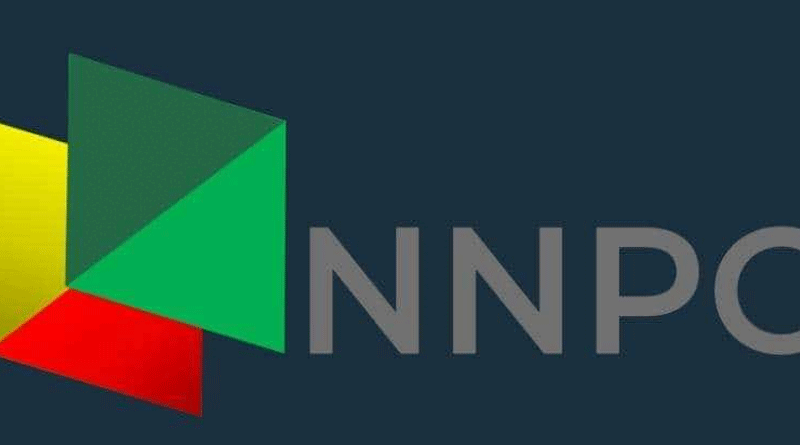NNPCL Sells Petrol At ₦1,030 In Lagos, ₦998 Per Litre In FCT
On Wednesday in Lagos and the Federal Capital Territory (FCT), Abuja, Nigerian National Petroleum Company Limited (NNPCL) owned retail shops changed the pump price of petrol.
Our correspondent noted in Lagos that several NNPCL outlets offered a litre of the basic good for ₦998, roughly ₦150 more than the original price of ₦855.
As the abrupt hike left drivers and transporters in panic-buying mode, our correspondent noted long, serpentine lineups at NNPCL outlets at Abule-Egba, U-turn, Abbatoir, and others around the axis.
Many filling stations not operated by the NNPCL swiftly followed suit as they too gradually changed their pump prices; many of them sell as high as ₦1050 in some areas of Lagos.
The scenario was not much different in Abuja, where NNPCL retail stores raised the price of the basic commodity from ₦897 to ₦1,030.
The fresh rise tracked the NNPCL increase from September 2, 2024. Outrage was generated when the retail company raised the petrol price per litre from ₦568 to ₦855.
Following the May 2023 “Subsidy is gone” presidential pronouncement, the NNPCL has progressively raised the petrol pump rates from ₦184 in Lagos to ₦996.
The NNPCL hinted at a fresh price hike when it started loading its first batch of fuel from the Dangote Refinery in mid-September, even though it has not released any formal comment on the recent rise in petrol prices.
The NNPCL then announced it would sell it for ₦950 per litre in Lagos and ₦1,019 in Borno after getting petrol from the private refinery at ₦898 per litre.
Dangote Refinery immediately disputed selling petrol to the NNPCL at ₦898, but the retail company stated it acquired petrol from Dangote Refinery at ₦898 per litre and challenged the latter to divulge the price it sold petrol. The NNPCL also made a pricing breakdown for Dangote petrol available at its national filling stations.
Leading industrialist Dangote of Africa started business at his $20 billion plant in Lagos with 350,000 barrels daily last December.
Originally hampered by legal disputes, the refinery hopes to run 650,000 barrels daily by the end of the year.
The refinery presently supplies petrol, but first diesel and aviation fuel for national marketers.
With all of its state-owned refineries non-functional, Nigeria, the most populous country in Africa, suffers with energy issues. With the state-run NNPC the main importer of the basic commodities, the nation depends mostly on imported refined petroleum products.
There are regular fuel lines all over the nation. Since President Bola Tinubu removed subsidies in May 2023, from around ₦200/litre to over ₦1000/litre, compounding the problems of the citizens who power their vehicles and generate sets with petrol, no thanks to decades-long epileptic electricity supply. Prices of petrol have more than quadrupled.




